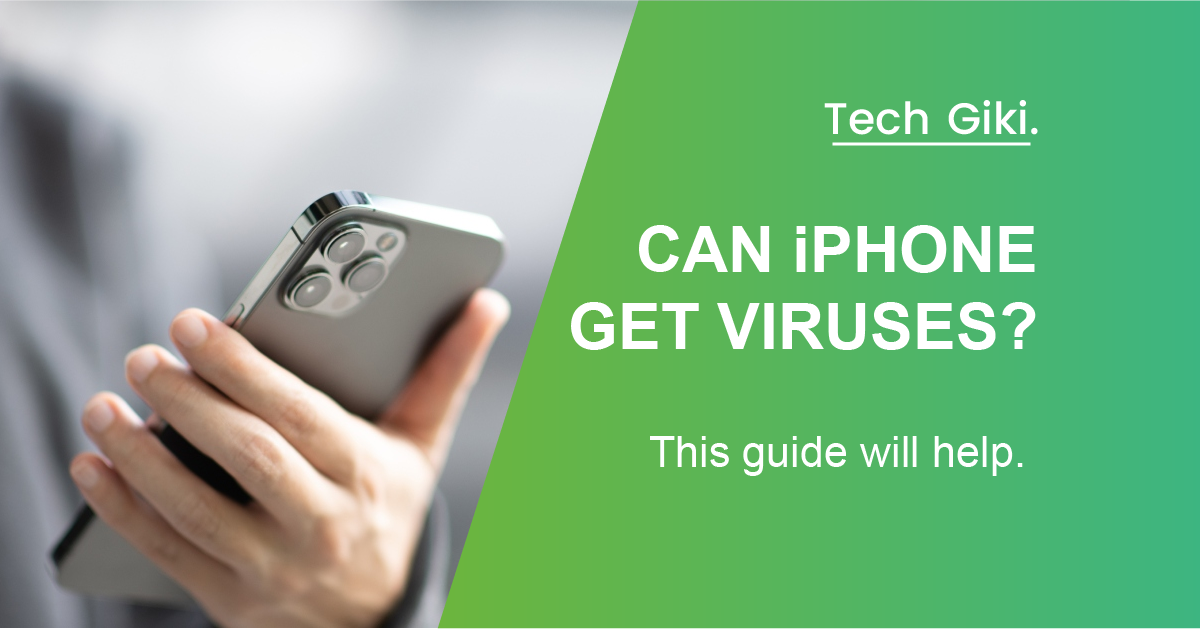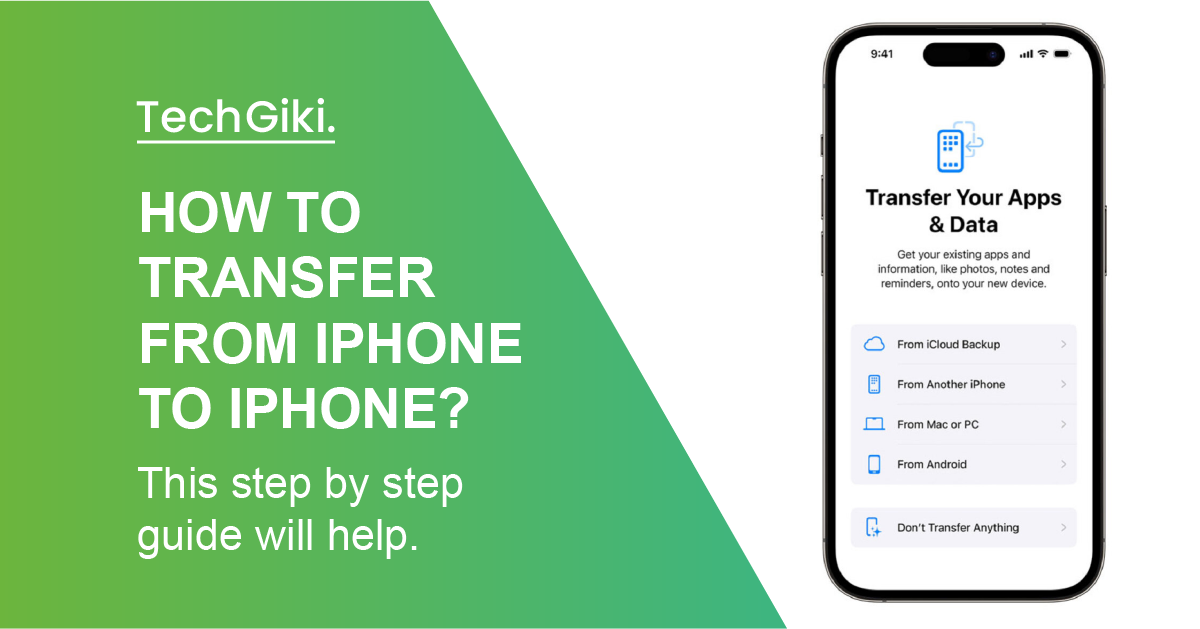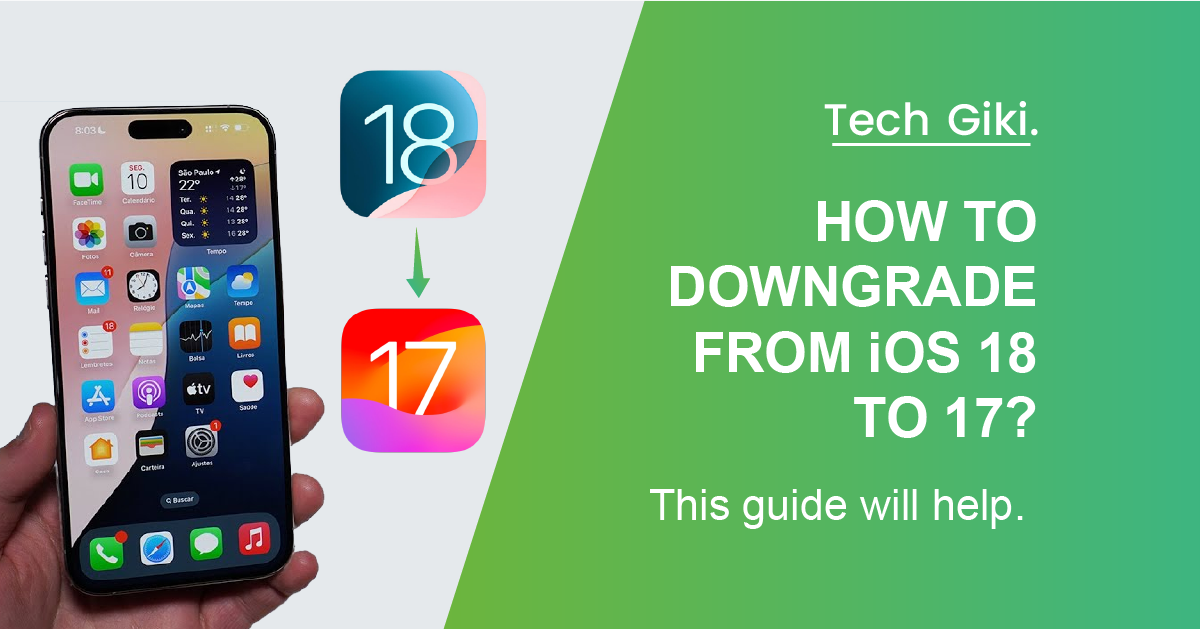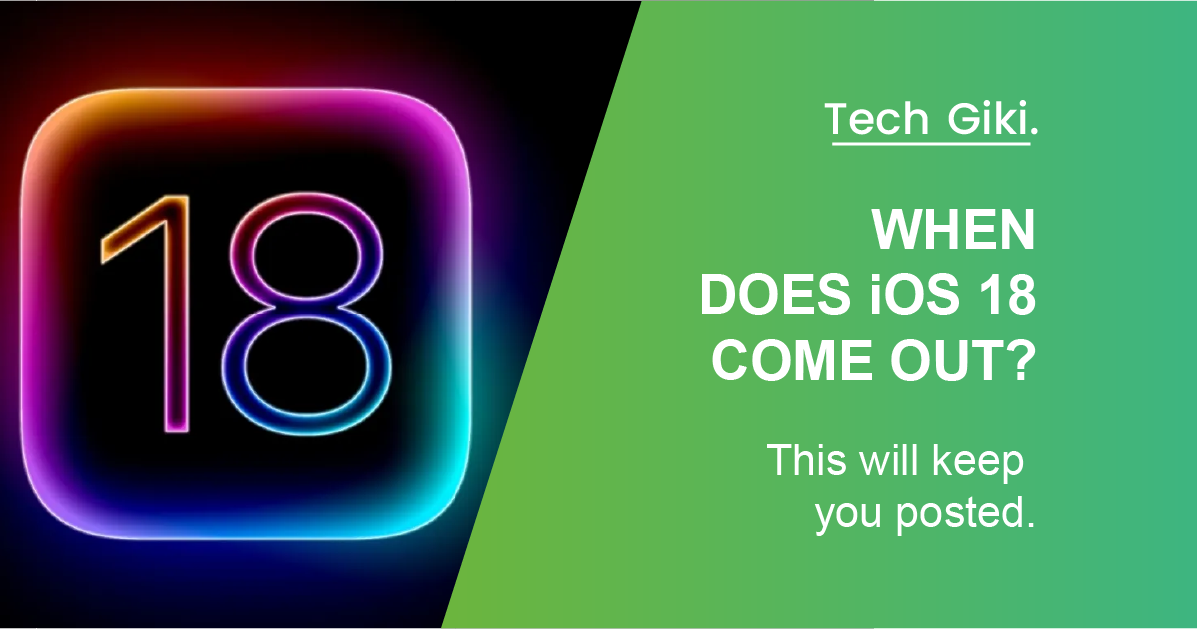Well! When you have an iPhone, the first question that appears is whether it has viruses. True. If your phone has a virus, you may factory reset it, clean your surfing record, restart it, or uninstall suspicious applications.
One of the iPhones’ main appealing features is their greater security than Android phones. But are viruses something iPhones can get? Well, iPhones are not very at risk for virus infection. The chances are low that viruses will find your phone if you do nothing with it.
Rare does not equal impossibility, however. Read on to learn more about mobile security issues that could expose you and your iPhone to hackers and how we can help make your iPhone safer.
Are Viruses Something iPhones Can Get?
Indeed, iPhones can get viruses. But because they have several protections against mobile security concerns, it is rare to find an iPhone with a virus.
One of the greatest risks you might run with a cell phone is downloading programs from unapproved, outside app stores. Many times, these programs hide harmful malware. That virus may infect your phone when you download the applications, and hackers can use it to gain control of your phone and access your private and financial data.
If you have an iPhone, the only access to get applications is the App Store. This is why iPhones are so unlikely to be affected by malware; Apple checks all the applications available for its phones.
Users may get software from unapproved sources, yet in a manner that allows you to jailbreak your iPhone to do this. Jailbreaking involves using software to change your iPhone so that it can download applications from outside the App Store, thereby allowing actions Apple never intended.
Jailbreaking your iPhone increases the risk of viruses, but it can also provide greater flexibility in your use.
How Can One Find Out If Your iPhone is Virus-Carrying?
Should your iPhone get hacked, you might see spikes in usage of data, fast battery loss, doubtful downloads, Safari pop-up advertising, and overheating. Let’s review these iPhone virus indicators one by one:
Data Use Rises
Should your iPhone’s data use quickly increase without any clear cause, malware may be doing its filthy business. Sometimes, malware increases data use by sending vast volumes of information from your phone to an external server.
Drain of Battery
Battery drain is caused by malware and viruses operating in the background, which may use a lot of processing capability, which might cause your iPhone battery to run out even when not in use.
Odd Downloads
Simply uninstall applications you discover on your iPhone that you do not remember installing or that you are not using now.
Performance Problems With an iPhone
Should your iOS applications keep breaking, or you find the “no network connection” warning on your iPhone, there is a sudden increase in pop-up advertising on Safari while you are not surfing the internet or suggest your iPhone is infected or hacked. Furthermore, it indicates possible problems if the search bar on your iPhone or the iMessage app is not working as it should. Learn more about verifying if your iPhone has been hacked.
Heat Loss
Often causing the CPU to work harder and produce heat, malware is. Should you not be using your applications excessively, and the hardware of your iPhone seems normal, overheating might point to a virus spreading.
You may sometimes find many indicators of malware acting once. What, then, is your action about it?
How May a Virus Be Taken off of Your iPhone?
Should you discover a virus on your iPhone, you may easily delete it.
Turn off and restart your iPhone to help remove any issues your device faces.
Clear search history. The Settings app lets you wipe your search history whether you use Safari or another browser. See if clicking “Clear history and website data” helps to fix your phone problems.
Remove dubious programs. Go through any applications on the phone that you cannot recall downloading. Just to be cautious, uninstall any applications you downloaded right away when your phone displays signs of sickness.
Try using a previous backup copy. If you still have issues, try restoring your iPhone from an earlier backup. This copy may not include malware.
Restoring the factory settings for your iPhone is advised should none of these actions address your issue. Doing this may help clear any spyware and hackers from your gadget. Though reinstalling your phone would erase your vital data, be careful to keep a backup of them. Go to Settings, then pick the “General” option and “Transfer or Reset iPhone.” Restoring your iPhone to its factory settings requires hitting “Reset all content and settings.”
The Cause of The Rareness of iPhone Viruses is
Since most users only download applications from the official App Store, iPhone sickness is rather uncommon. This is important as one of the most often used methods by hackers to install malware on cell phones is compromised applications. Apple checks the applications available on the App Store to guarantee their safety. We call this the “walled garden” strategy.
Modifying, or jailbreaking, their iPhones is the only method by which iPhone users may download software from sites outside the App Store. Not breaking your iPhone will help you guard it from risky software.
Furthermore, iOS, the Apple operating system, is designed to be more difficult for hackers to access. Still, an iPhone may be hacked with some effort.
At the same time, the market is filled with many more Android-based cell phones. Given its size, this industry appeals more to different kinds of hackers as a target. Since fewer possible victims of iPhones are involved, fraudsters usually concentrate on the Android market for their attack. Eliminating a virus from an Android is still easy; restart your phone in Safe Mode to securely delete dangerous applications.
Use Antivirus Software To Help Secure Your iPhone
We spend a lot of time on our phones. Hence, it would help if you kept your iPhone safe from prying eyes. Our team tracks Wi-Fi networks, SMS messages, and even the running system of your device to notify you of any hazards and enable you to surf securely. It also provides a report every thirty days to assist with your safe surfing practices.




